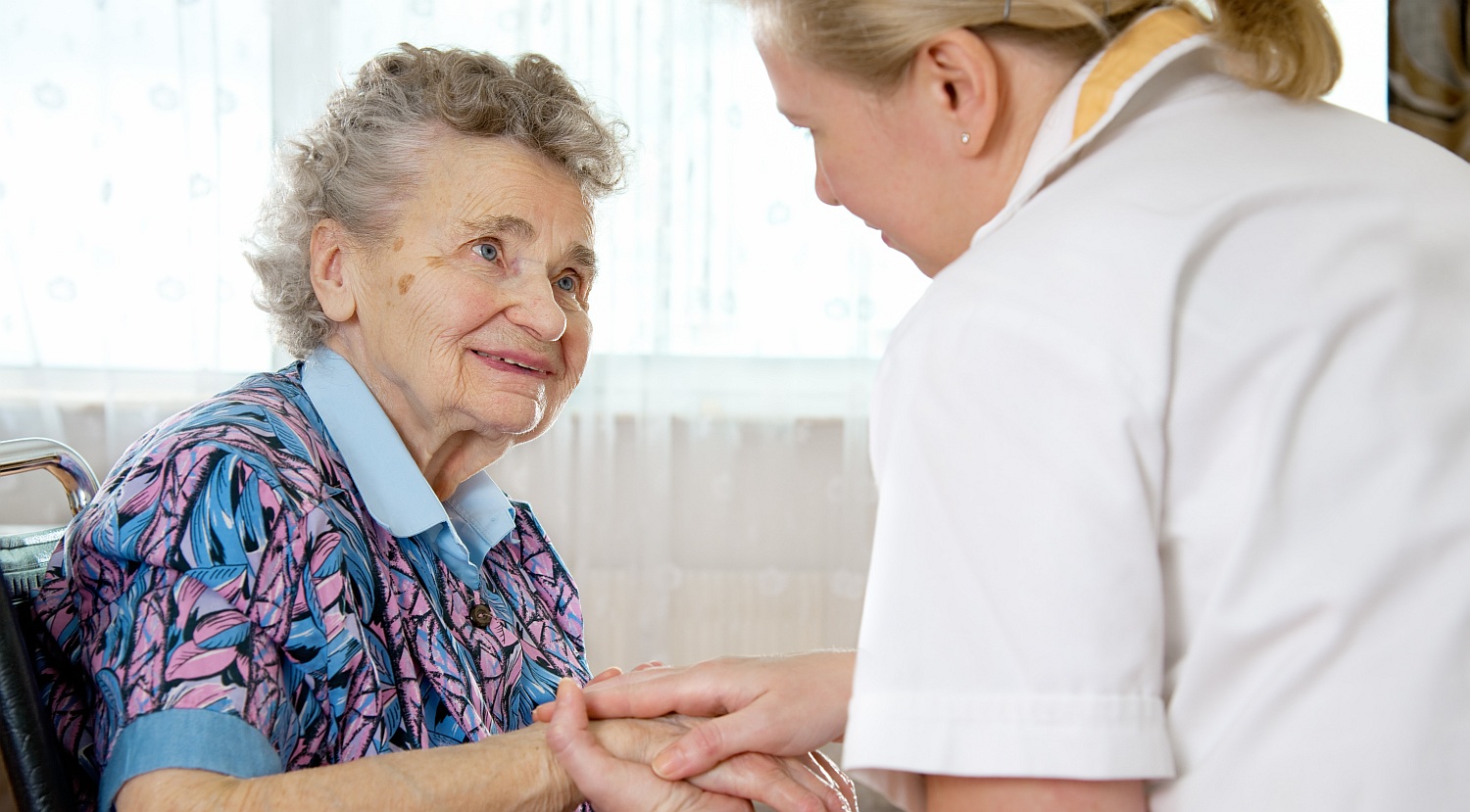Launch of EU Project – WHOSEFVA (2017-2018)
Elder abuse is a worldwide concern that touches on human rights, gender equality, domestic violence and population ageing. The feminization of aging and its consequences is troubling, particularly given that older women as a group experience unique and compounding disadvantages. Older women face triple jeopardy in that they are part of three different marginalized groups: they are elderly, abused, and female.[1] Gender discrimination across the lifespan therefore has a cumulative effective, and neglect, abuse and violence across the lifespan results in a high lifetime rate of suffering from abuse for older women.[2]
It is clear that alternative channels for identifying older domestic violence victims are needed, however, even when they are identified, older female victims often do not receive appropriate assistance because they have complex issues of long-term dependency, health problems or economic vulnerability, just to name a few. Healthcare providers can play a crucial role in providing support, as they offer multiple entry points for identifying and serving domestic violence victims.
WHOSEFVA, a two-year project co-funded by the European Commission under the Rights, Equality and Citizenship programme, aims to address the barriers and gaps which exist in healthcare settings to effectively support elderly women victims of abuse. The WHSOEFVA project will be implemented in the following six partner countries: Austria, Estonia, Finland, Greece, Latvia and the UK. The coordination of the project is conducted by Women’s Support and Information Centre in Estonia, with guidance and input from Finnish expert on elder abuse, Sirkka Perttu.
The main objective of WHSOEFVA is to increase the capacity of domestic violence organizations to better able represent the interests and voices of older women who are victims of abuse in healthcare and healthcare policy, thus helping to better comply with the desires of the EU.
A WHOSEFVA Training Manual will be developed to train domestic violence organizations on how best to work with healthcare providers. Experts will also train partners on how to conduct 33 mutual learning workshops with 734 healthcare professionals and individuals from domestic violence organizations to identify barriers in healthcare organizations in order to effectively meet the needs of women elderly abuse victims. Local Health and Social Care Trainings will also take place in each partner country targeting healthcare professionals on how to effectively implement the training tools and best practice protocols. The training materials will be made publicly available on the project website and will be translated from English into five languages: Estonian, Finnish, German, Greek and Latvian.
Furthermore, in order to ensure greater accessibility and sustainability of the trainings on a European-level, a WHOSEFVA online training programme will be developed based on the training material to strengthen the capacity of domestic violence organizations to cooperate with healthcare providers in identifying and responding to gender-based violence among elderly women.
Key contact information of WHOSEFVA partners:
Women’s Support and Information Centre, Estonia, Pille Tsopp-Pagan: This email address is being protected from spambots. You need JavaScript enabled to view it.
University of Tartu, Estonia, Hector Pagan: This email address is being protected from spambots. You need JavaScript enabled to view it.
Women’s Line Finland, Finland, Elina Nikulainen: This email address is being protected from spambots. You need JavaScript enabled to view it.
Sirkka Perttu, Finland: This email address is being protected from spambots. You need JavaScript enabled to view it.
Kilcooley Women’s Centre, UK, Roberta Gray: This email address is being protected from spambots. You need JavaScript enabled to view it.
Union of Women’s Associations of Heraklion Prefecture, Greece, Nicholas Spetsidis, This email address is being protected from spambots. You need JavaScript enabled to view it.
MARTA Centre, Latvia, Dita Lāce: This email address is being protected from spambots. You need JavaScript enabled to view it.
Austrian Women’s Shelter Network, Austria, Maria Rösslhumer: This email address is being protected from spambots. You need JavaScript enabled to view it.
Women against Violence Europe, Europe, Kelly Blank: This email address is being protected from spambots. You need JavaScript enabled to view it.
WHOSEFVA Project Website: www.whosefva-gbv.eu
Press Release available to download in: English, Estonian, Finnish, German, Greek and Latvian
[1] Penhale, B. (2003). Older women, domestic violence, and elder abuse: a review of commonalities, differences, and shared approaches. Journal of Elder Abuse & Neglect,15(3-4), p. 163-183.
[2] Brownwell, Patricia. (2014). Neglect, abuse and violence against older women: Definitions and research frameworks (Review article). SEEJPH 2014.







